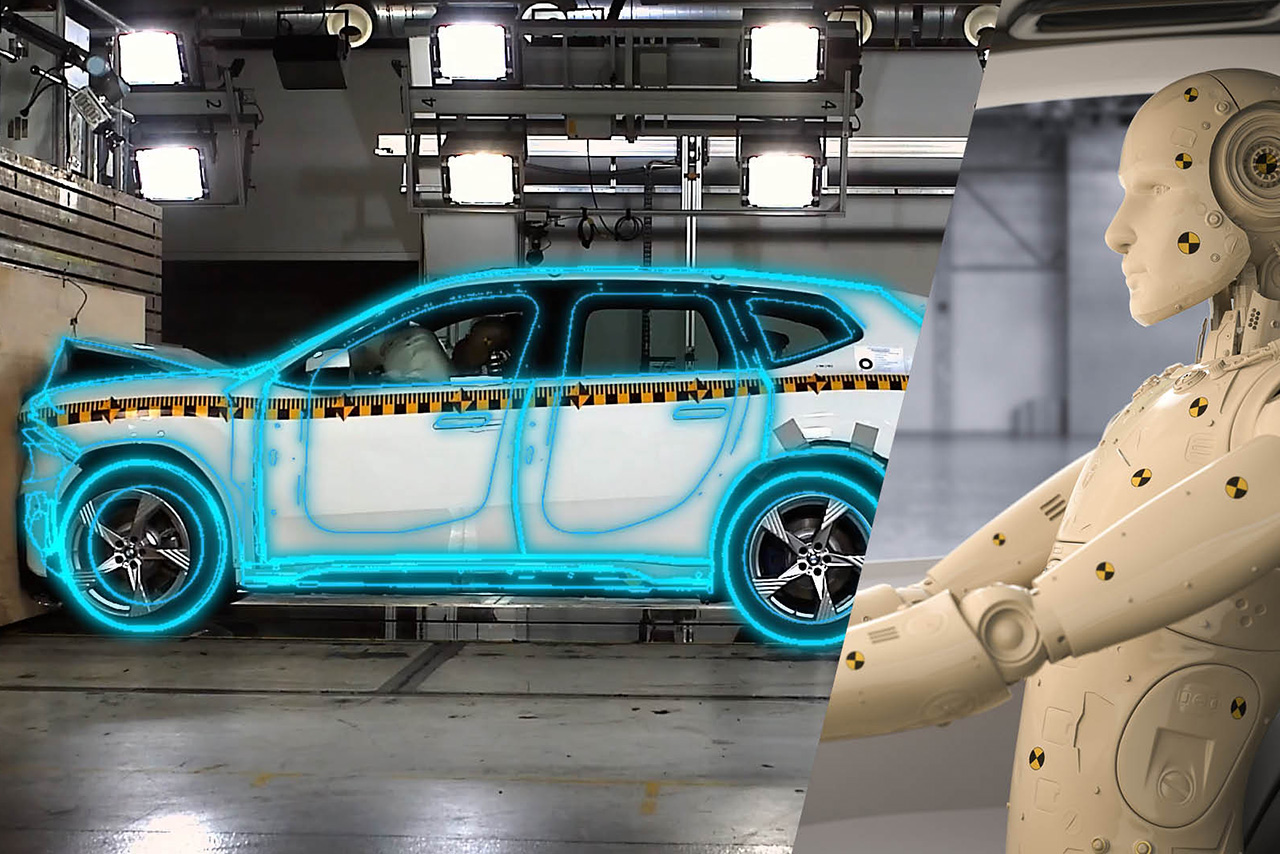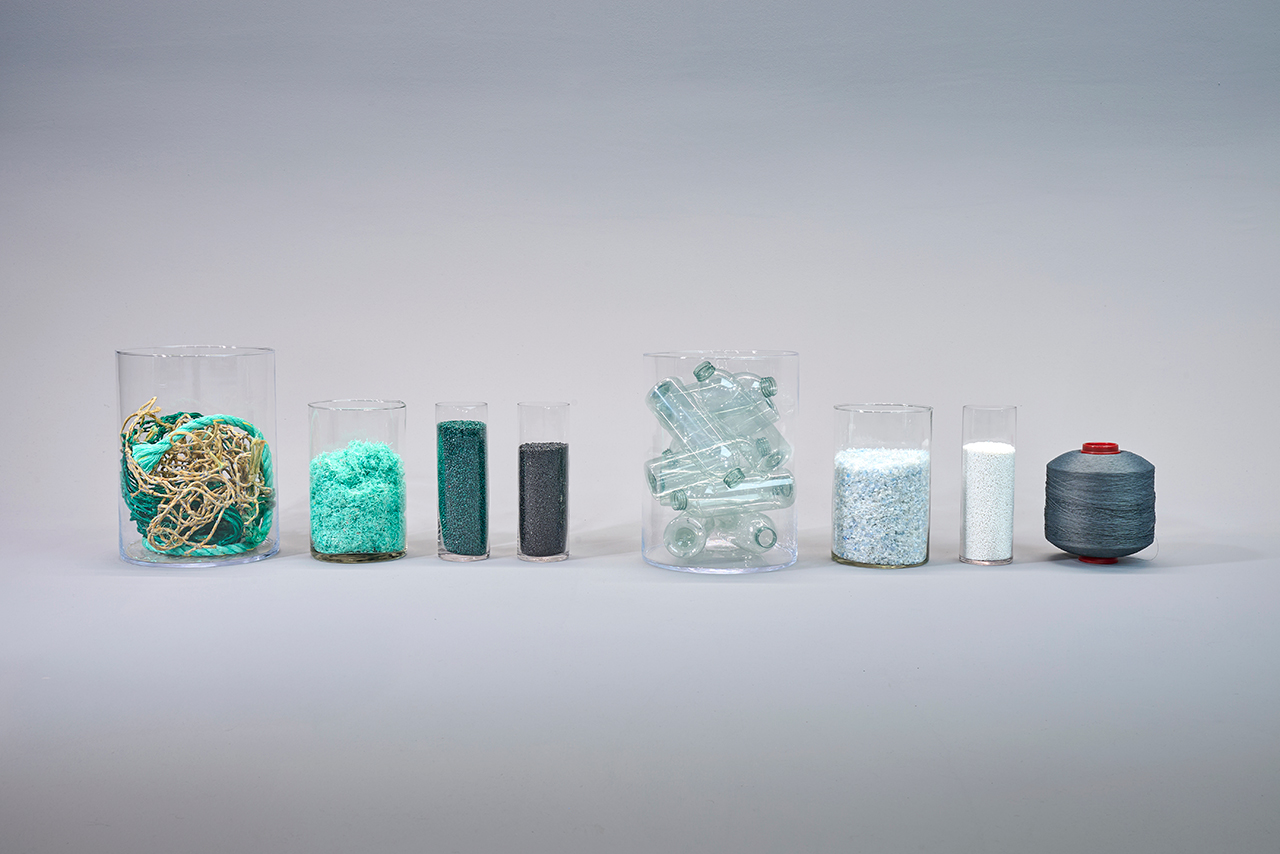Mobility of the future faces huge challenges. Climate change and the need for individual mobility call for profound change. The BMW Group is actively involved in this process.
Sustainability and the circular economy are core considerations for the BMW Group, as are innovations, new technologies, automation and digitalisation in all areas of the mobility sector. Exchanging data between the automotive industry, cities and municipalities as well as public transport companies can make a vital contribution to ensuring individual mobility.
BMW Group as platform co-founder
The “National Platform on the Future of Mobility (NPM)” was established to comprehend and reshape this change – and the BMW Group is one of the participants. One key topic is “Digitalisation in the Mobility Sector”. Here, all topics are discussed in which digitalisation and automation are prerequisites for making the mobility of the future climate-neutral, more efficient, more convenient and more cost-effective.
“Shaping the future means challenging the present and driving change forward,” says Frank Weber, Chief Development Officer of BMW AG and head of the “Digitalisation in the Mobility Sector” NPM group. “Sustainability, the use of the latest technology and digitalisation” are important drivers of this development. “Our goal is to design an integrated and fully connected transport system.”
“RealLab HH” tests different mobility concepts
“RealLab HH” in Hamburg emerged from the NPM. Different mobility concepts are tested here against a range of aspects such as feasibility, social consequences and changes in people’s behaviour. It is about networking different mobility service providers on a common platform, but also about autonomous driving as a feeder for local public transport.
One of the things the BMW Group developed at “RealLab HH” was the “Digital St. Andrew’s Cross.” This networks cars and trains via Internet-based interfaces and warns drivers of approaching trains at ungated level crossings. Collision warnings and traffic light phase assistants are among the other functions implemented at “RealLab HH”. These apps can be accessed via smartphone or via the on-board computer in the vehicle. These features enhance safety and improve the traffic flow for all road users.
Mobility Data Space: data marketplace for the entire mobility sector
The projects developed in Hamburg will be later extended to the whole of Germany and then later rolled out throughout Europe via further networking and data exchange. This is the goal of the Mobility Data Space (MDS). “This digital ecosystem has its origins in part from the NPM’s RealLab and the ‘Digitisation through the Mobility Sector’ working group,” says BMW AG’s Chief Development Officer, Frank Weber.
The MDS is a marketplace where different partners from the mobility sector can exchange data. Pooling and sharing data adds real value to business and industry, the public sector and society as a whole. The data space aims to comprehensively improve the mobility of the future and enable user-friendly, safe, sustainable and affordable mobility. The Mobility Data Space has been created to promote and accelerate the development and implementation of innovative business models, mobility offers and services. More than 200 innovation drivers from science, business and public administration have contributed to the development. The BMW Group is one of the eight founding members of the MDS.
ITS World Congress: automation successes
Participants in the MDS have developed the first innovative applications for data exchange in recent months. These include initiatives to enhance road safety, optimise traffic flow in cities and towns, and improve driving and travel experiences using multi-modal navigation apps. The successes coming out of the MDS will be presented at the current ITS World Congress in Hamburg (11 to 15 October). The event is the world’s largest gathering for smart mobility and transport digitalisation.
The MDS will also play an important role in automation in the mobility sector. The European Union’s L3Pilot research project, in which the BMW Group has also been actively involved, is one example. The project focus for the Level 3 functions was on motorway and urban traffic. The project also explored some Level 4 functions for parking scenarios.
L3Pilot’s “Code of Practice” creates guidelines
The L3Pilot is the largest test project for automated driving on public roads in Europe with a research budget of EUR 68 million. Seventy vehicles were fitted with the technology over the four-year project period. The fleet included 13 different car brands, ranging from passenger cars to SUVs. The BMW Group participated with ten test vehicles in all. Test drivers drove a total of more than 400,000 kilometres on motorways, 200,000 of which in automated mode at speeds of up to 130 km/h. They also covered 24,000 kilometres in automated mode in city traffic.
Apart from road safety, the most important task of the EU’s L3Pilot was to create a “Code of Practice.” This includes guidelines for developing automated driving functions. The first positive results will be presented at the L3Pilot Final Event during the ITS World Congress.















